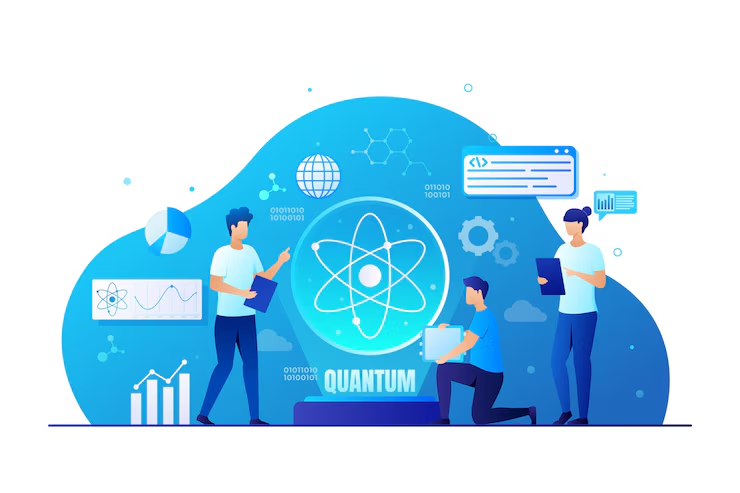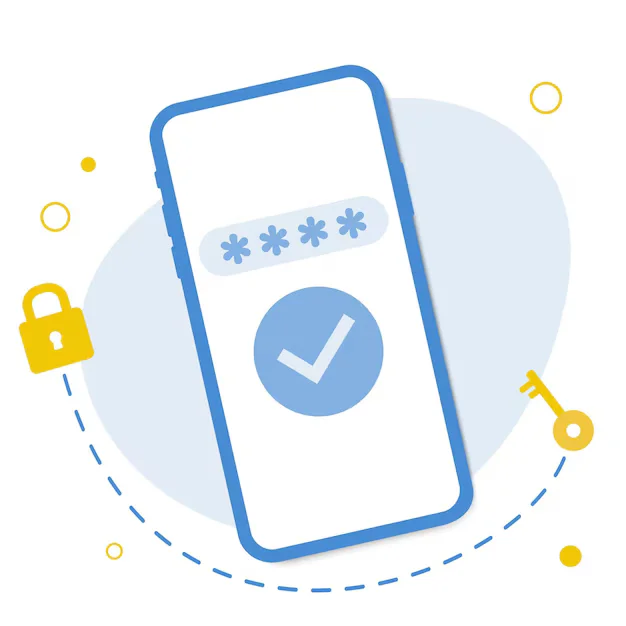
Key Concepts:
- Qubits:
Unlike classical bits that represent 0 or 1, qubits can be in a superposition, representing both 0 and 1 simultaneously, or a combination of both.
Superposition:
A qubit can exist in multiple states at once, allowing for parallel processing and potentially faster computations.
Entanglement:
The states of multiple qubits can be correlated, enabling complex calculations by manipulating the entire system together.
Potential Applications:
Drug discovery:
Quantum computers could simulate molecular interactions to accelerate the development of new drugs.
Materials science:
They can help design and optimize new materials with specific properties.
Financial modeling:
Quantum computing could be used for advanced risk analysis and portfolio optimization.
Cryptography:
Quantum computers could potentially break current encryption methods, but also pave the way for new quantum-resistant encryption algorithms.
Artificial intelligence:
Quantum algorithms could be used to train and improve AI models, leading to more powerful and efficient AI systems.
Challenges and Future:
Hardware development:
Building and maintaining stable and scalable quantum computers is a significant engineering challenge.
Algorithm development:
Creating algorithms that can effectively utilize the unique capabilities of quantum computers is crucial.
Error correction:
Quantum computers are susceptible to errors due to the delicate nature of quantum states. Developing effective error correction mechanisms is essential.



